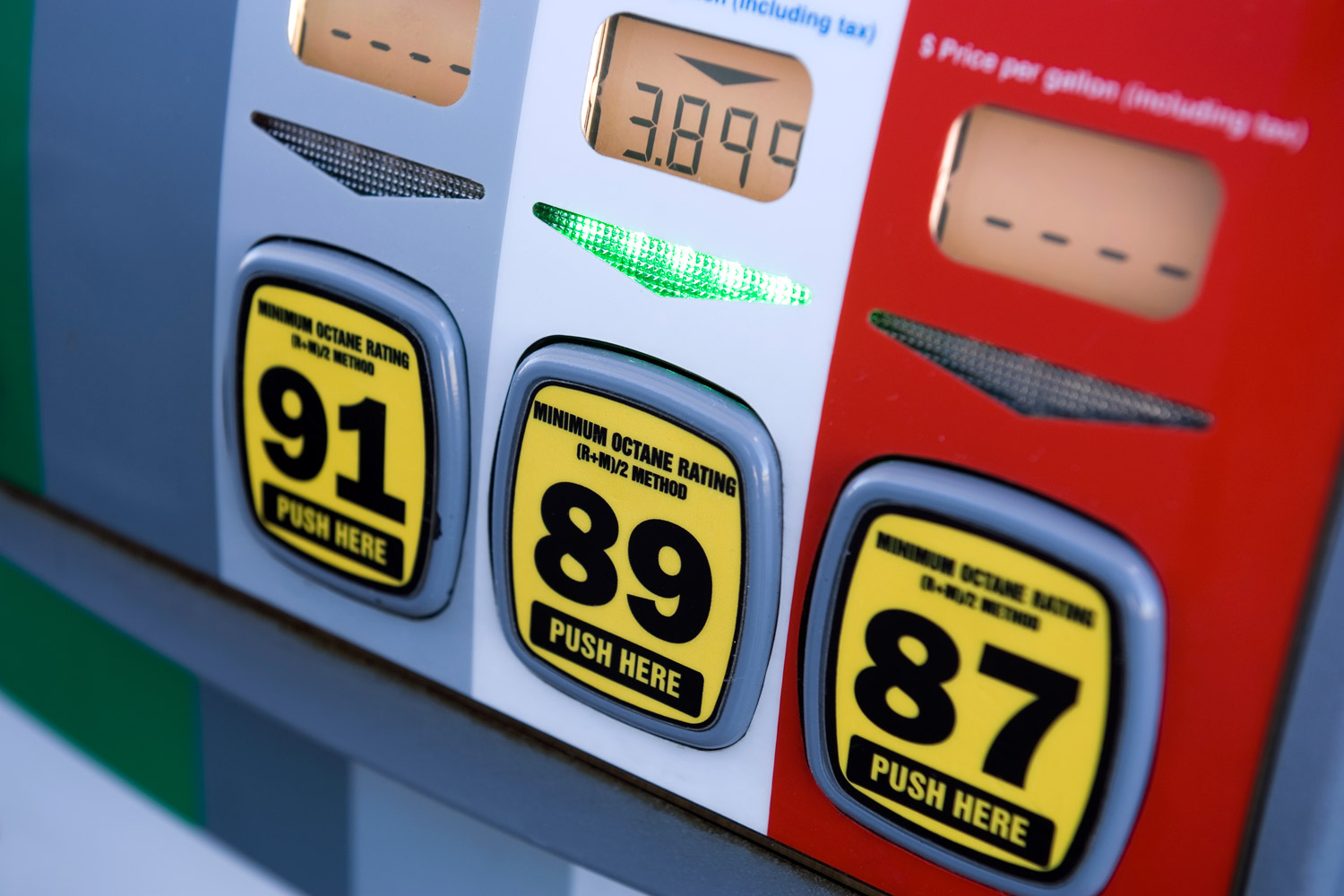
The Environmental Protection Agency announced new, tough guidelines on oil companies Thursday, aimed at reducing sulfur emissions from gasoline. Oil refineries will now have to remove sulfur from gasoline, decreasing total sulfur levels by 60 percent.
The expected reduction in smog will help Americans with respiratory problems like asthma and emphysema, said the EPA. The agency calculates that the new measures will prevent up to 2,000 premature deaths each year and 50,000 cases of respiratory disease in children, and save Americans between $6.7 billion and $19 billion in health care costs annually.
Pollution will also greatly decrease, according to the EPA. The effects of the new guidelines will be equivalent to taking 33 million cars off the road, it said.
But the U.S. oil industry says that the new regulations will likely increase its costs. Investing in new, expensive technology to remove sulfur will translate to an extra nine cents per gallon, heads of the oil industry claim, according to USA Today. The EPA makes a more conservative estimate: the agency claims that drivers will see a only a one penny per gallon spike in prices at the pump.
More Must-Reads from TIME
- Donald Trump Is TIME's 2024 Person of the Year
- Why We Chose Trump as Person of the Year
- Is Intermittent Fasting Good or Bad for You?
- The 100 Must-Read Books of 2024
- The 20 Best Christmas TV Episodes
- Column: If Optimism Feels Ridiculous Now, Try Hope
- The Future of Climate Action Is Trade Policy
- Merle Bombardieri Is Helping People Make the Baby Decision
Write to Eliana Dockterman at eliana.dockterman@time.com